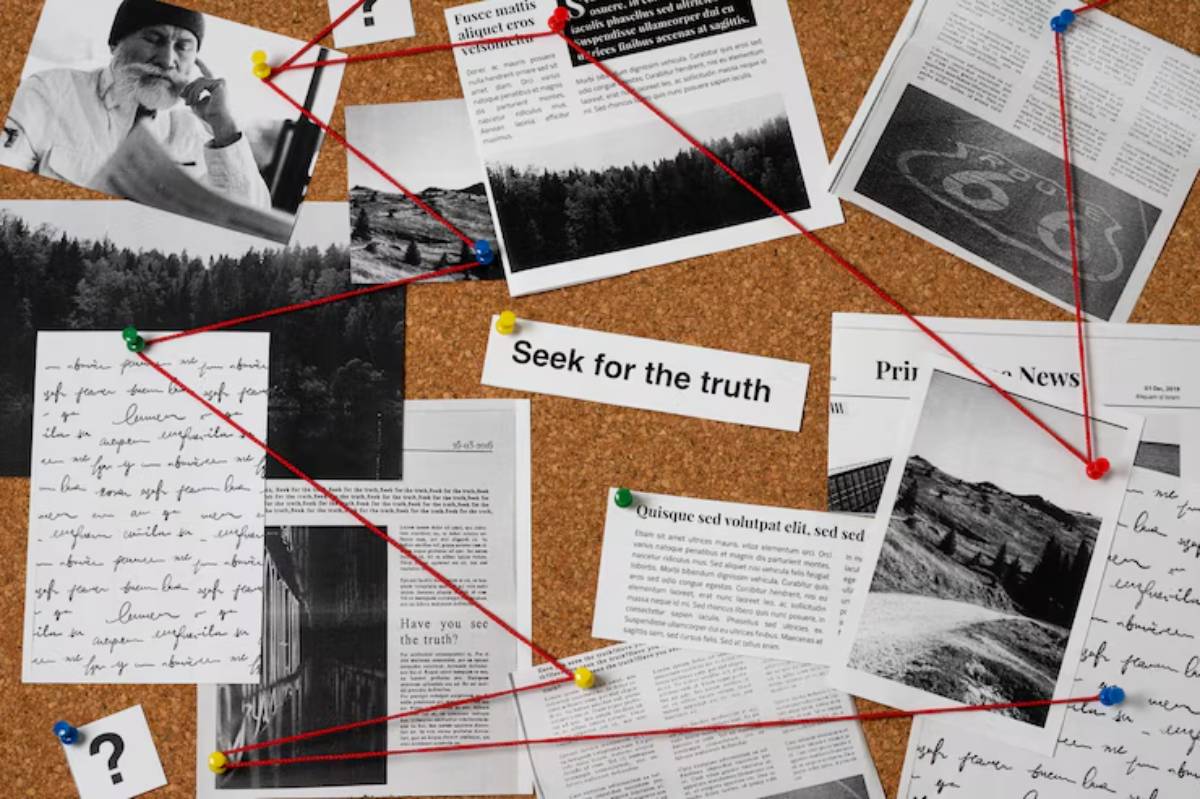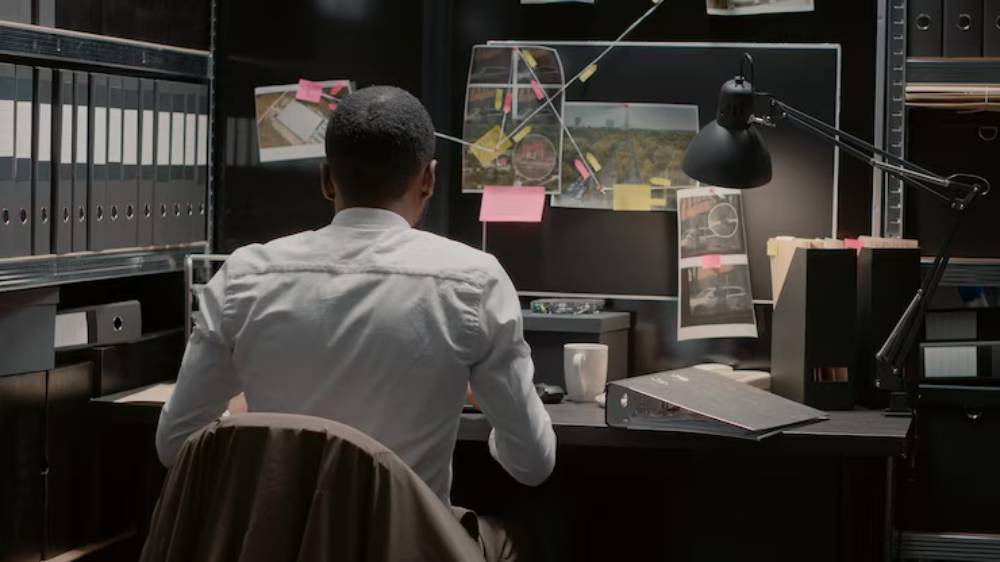
How Documentaries Shape Public Opinion
Documentaries are now key in shaping how we see the world. They have become powerful tools that influence public opinion in a time of abundant information. These visual stories, based on real events, provide a unique view. They can inspire, inform, and spark change. Documentaries play a key role in shaping how society thinks. Their influence can change views and spark discussions.
The Importance of Documentaries in Shaping Public Perception
Documentaries are a key part of storytelling. They give audiences a way to see and understand complex issues. Documentaries are different from fictional films. They focus on real events and use true stories to share their message. This authenticity is what makes them particularly impactful in shaping public opinion.
The impact of documentaries is multifaceted. They not only inform viewers but also provoke thought and discussion. Documentaries use storytelling to share facts. This approach can change viewers’ minds and help them see things differently. Documentaries on social, political, or environmental issues show this clearly. The impact of the true story is especially strong here.
A documentary on climate change can raise awareness and inspire action. It can encourage viewers to push for policy changes. Documentaries about social justice can rally support for movements and spark change in society.
The success of these films lies in their ability to present real-life experiences in an emotionally resonant way. Viewers aren’t just watching news reports; they engage with personal stories. These stories reveal hidden truths, injustices, and triumphs. Emotional engagement leaves a strong mark. This can shape beliefs and behaviours.
Key Benefits of Documentaries and Why They Matter
Educating the Masses
One of the primary benefits of documentaries is their educational value. Documentaries share information in a fun and easy ways. This helps them connect with many people, breaking down language and literacy barriers. This is particularly important in today’s digital age, where visual content is consumed at an unprecedented rate.
Documentaries are a strong educational tool. They give viewers insights into new topics. A documentary about a culture’s history can help viewers understand its traditions and values better. This can lead to more empathy and appreciation.
Educational documentaries are often used in classrooms, universities, and training. They help support textbooks and lectures. They provide context, humanise data, and present real-world applications of theoretical knowledge. This multimedia approach helps learners remember information better. It also helps them gain a deeper understanding of the subject.
Raising Awareness and Driving Change

Documentaries can raise awareness about important issues. They often highlight topics that mainstream media might ignore. Documentaries highlight important issues. They inspire viewers to act. This can mean advocating, volunteering, or just sharing information.
Think about how documentaries like An Inconvenient Truth made climate change a global issue. The film taught viewers about climate change science. It also inspired many to care for the environment and support sustainable practices.
Blackfish is a documentary about orcas in captivity. It changed how people think and led to major shifts in marine park operations. A single film can influence corporate policies and spark debate. This shows how powerful documentaries are in shaping society.
Fostering Empathy and Understanding
By telling true stories, documentaries can foster empathy and understanding among viewers. They offer a space for underrepresented voices. This lets audiences view the world in new ways. This can be particularly impactful in bridging cultural divides and promoting social cohesion.
A documentary about refugees can make the issue more relatable. It helps viewers feel for those affected and think about the wider impacts of immigration policies. Seeing real people behind the numbers makes it tough to ignore their stories.
Documentaries let us explore new lifestyles, beliefs, and ideas. They help promote tolerance and respect for others. By shining a light on diversity, they contribute to a more inclusive and connected global society.
Additional Expert Tips & Common Mistakes to Avoid

Best Practices for Creating Impactful Documentaries
Creating an impactful documentary requires a delicate balance of storytelling and factual accuracy. Here are some expert tips to consider:
- Research Thoroughly: Ensure that your documentary is grounded in accurate and reliable information. This not only enhances credibility but also ensures that the message is both informative and persuasive.
- Engage with the Audience: Use compelling narratives and visuals to capture the audience’s attention. The use of personal stories and testimonies can create an emotional connection that resonates with viewers.
- Show Solutions: It’s key to point out issues, but sharing solutions can spark action and give viewers hope.
- Purposeful Structure: A clear narrative arc makes complex topics easier and more engaging. It needs an introduction, conflict, and resolution. Avoid overly abstract storytelling unless it serves a clear purpose.
- Use Authentic Voices: Give voice to those who are directly impacted by the issues you are exploring. Authentic first-hand accounts enhance credibility and emotional depth.
Common Mistakes to Avoid
While documentaries can be powerful tools for change, there are common pitfalls that creators should avoid:
- Sensationalism: Avoid exaggerating or sensationalising facts for dramatic effect. This can undermine the documentary’s credibility and detract from its message.
- Bias: Strive for objectivity and balance in your storytelling. Showing different viewpoints can add depth to the documentary. It also helps viewers think critically.
- Neglecting the Audience: Always think about your target audience. Make sure the documentary matches their interests and understanding level. Overly technical language or niche references may alienate some viewers.
- Over-reliance on Narration: While narration can be helpful, relying on it too heavily can reduce the documentary’s dynamism. Let visuals and interviews speak for themselves where possible.
- Failing to Update or Fact-Check: Information evolves. Keep your content current and accurate. This is crucial for topics like science, politics, and technology.
Advanced Insights and Expert Recommendations
Documentaries are using new technologies and platforms to reach more viewers. As media changes, this trend is growing. Here are some tips and ideas to boost the impact of documentary films:
Embrace Technology
Digital platforms and streaming services help documentaries reach global audiences. Filmmakers can use these platforms to share their work and connect with audiences around the globe.
Virtual reality (VR) and augmented reality (AR) can improve the documentary experience. They offer viewers immersive and interactive storytelling. Imagine stepping into a refugee camp in VR. Or walking through a rainforest with interactive spots that explain biodiversity. These are new frontiers in documentary storytelling.
Collaborate with Experts

Collaborating with subject matter experts can enhance the documentary’s credibility and depth. Experts offer key insights and context. This enriches the story and ensures the information is accurate and complete.
This teamwork can include fact-checkers, researchers, and cultural consultants. This is key when representing sensitive or marginalised communities. Their involvement helps avoid misrepresentation and adds richness to the final product.
Engage with the Community
Engaging with the community can amplify the documentary’s impact. Hosting screenings, panel discussions, and Q&A sessions can foster dialogue and encourage viewers to take action. Also, working with organisations and advocacy groups can boost the documentary’s message and create real change.
Campaign-style distribution is becoming more popular. In this approach, a documentary is included in a larger awareness effort. Films come with toolkits, school resources, or action plans. These help keep the audience engaged even after the credits roll.
Conclusion: The Transformative Power of Documentaries
In conclusion, documentaries can shape public opinion and spark societal change. Documentaries share real stories in a clear and engaging way. They can educate, inspire, and bring people together around the globe.
Documentaries play a bigger role in shaping how people see the world. As our world gets more complex and connected, this influence will grow. Filmmakers can boost their impact by using new technologies, working with experts, and connecting with communities. This helps create a more informed and empathetic society.
The real strength of documentaries is their power to break barriers, question beliefs, and spark action. As viewers, we should engage with these stories carefully. They can change how we see things and even shape the world around us.
Documentaries provide a unique view into important truths. Whether you’re a filmmaker telling stories or a viewer wanting to learn, they invite us to pay attention—and sometimes, to take action.


